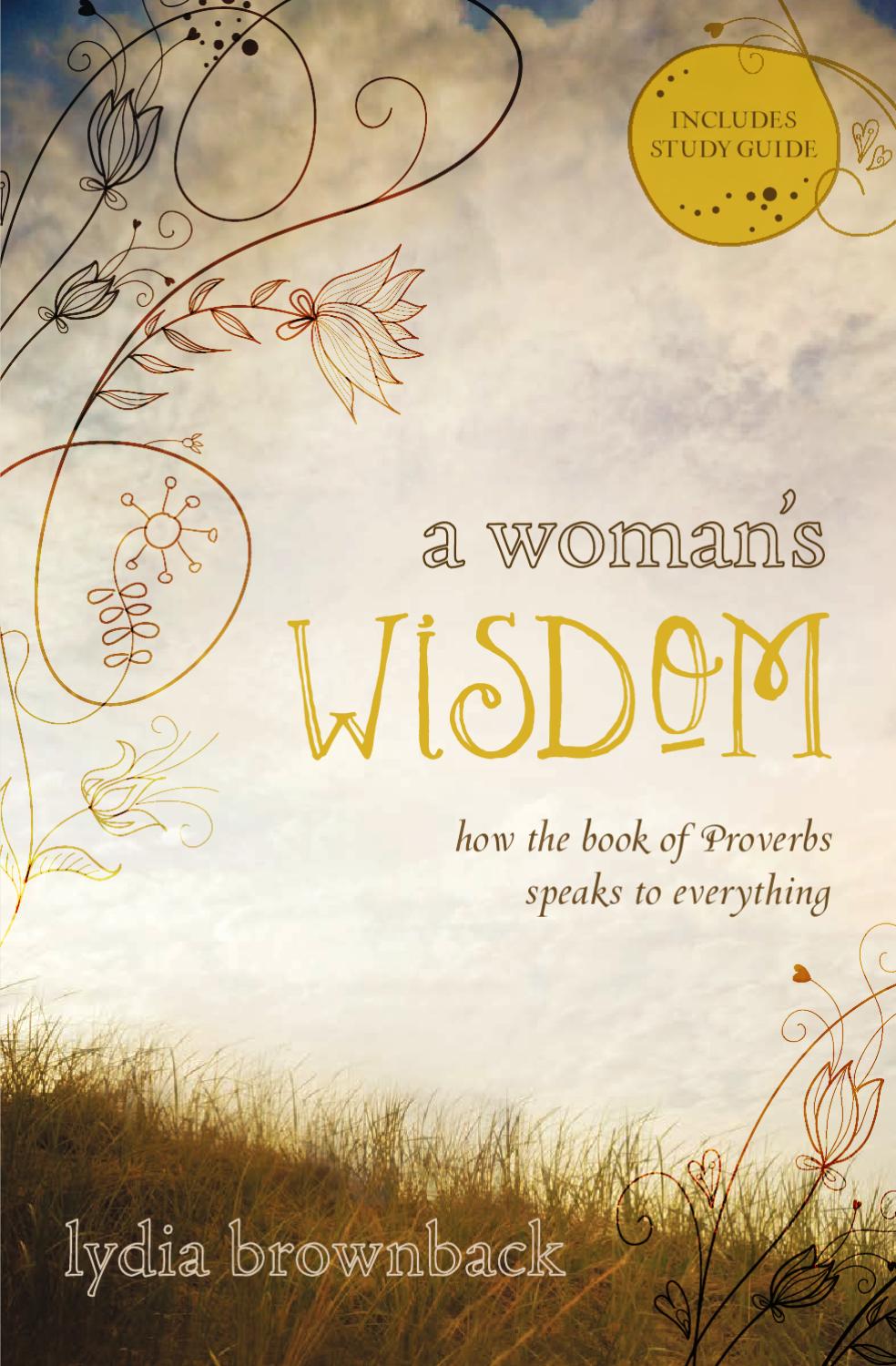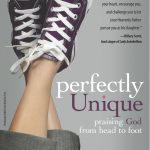In her latest study, A Woman’s Wisdom: How the Book of Proverbs Speaks to Everything, Lydia Brownback seeks to describe what biblical wisdom looks like when the principles from Proverbs are lived out today. Rightly correcting our penchant for quick fixes and legalism, Brownback consistently brings her discussion back to a wisdom based on the “fear of the Lord,” which should lead us to Christ, the source of wisdom and of grace for our foolishness. At several points her reflections move into a call for repentance and renewed discernment in the context of the gospel and for the gain of knowing and loving God more fully.
How Sound Is Our Wisdom Literature Hermeneutic?
In their popular book How to Read the Bible for All Its Worth, Gordon Fee and Douglas Stuart consider the Proverbs to be the “most often abused” texts in Scripture. We interpret them literally, erroneously pulling out promises and precepts, legalistic lists of do’s and don’ts with guaranteed blessings. We universalize specifics, taking verses out of the biblical and the cultural-historical context. Proverbs are so practical and pithy that we easily ignore the interpretive complexities of ancient Hebrew proverbial techniques.
Brownback, a prolific author and speaker, rarely writes about interpretive issues directly. Unlike a commentary, this study does not present competing exegetical arguments for possibilities of interpretation. And she stays clear of the more controversial or misinterpreted proverbs (e.g., Prov. 21:14; 22:6; 29:18). The book does not directly teach the reader to exegete Proverbs. There is little discussion of genre concerns and Hebrew. Historical and cultural contexts are referenced only for the explanation of some particularly odd-sounding passages.
However, Brownback models sound interpretation through her applications of the texts to today’s lifestyle challenges. And she warns the reader directly about some of the above interpretive pitfalls and against using individual passages to proof-text behavioral choices. She insightfully explores the tensions inherent in the genre, demonstrating how the proverbs give practical advice for successful living. She pulls out the transcultural principles from figurative and symbolic language and provides appropriate nuance for application by bringing in other passages that speak directly to the topic.
Why Choose This Book for Group Bible Study?
Curriculum is best used as a tool to help us learn to learn from the Bible by furthering our conversations with the text of Scripture, with God, and with each other. It should help us learn by pushing us both to affirm and challenge our assumptions. Therefore, if one is looking for material to spark good conversation about topical issues in Proverbs and, especially, about personal responses to them, then Brownback’s book is a jewel.
The book is organized by topics, showing how different verses from Proverbs (as well as other Scriptures) address the subject. The back contains helpful study questions for each chapter. Because the illustrations are concrete and challenging to the typical American lifestyle, having an intimate and safe group for vulnerability and accountability would greatly further book interaction and growth.

A Woman’s Wisdom: How the Book of Proverbs Speaks to Everything
Lydia Brownback
A Woman’s Wisdom: How the Book of Proverbs Speaks to Everything
Lydia Brownback
Advice books are no short-lived trend, even though much of the advice parading as “wisdom” proves shallow in the long run. What we need is biblical wisdom, and even more than that we need hearts set on the One who governs all our practicalities. The book of Proverbs unlocks the key to both, helping us to face very real challenges. Exploring the timeless counsel in the book of Proverbs, A Woman’s Wisdom teaches us to know the very Author of wisdom and to apply his relevant, how-to riches.
In part one, Brownback richly describes wisdom as a pursuit of godly living via topics such as God’s sovereignty, God’s character, and biblical truth. In part two, Brownback uses the proverbs to address six aspects of life: our words, friendships, desires, emotions, money, and sexuality. The final part of the book explores the Proverbs 31 woman.
Brownback’s writing is easy to read and relationally warm. The book is written at a basic Bible knowledge level. In fitting with the topical focus, the majority of the verses in Proverbs are cited, but not all. Brownback writes from a conservative evangelical, complementarian theological perspective, holding God’s Word as authoritative.
What Does Gender Have to Do With It?
The intended audience of this book is clearly Christian women. Brownback uses “we women” and “she” almost exclusively in addressing the reader and in discussing applications. Modern-day illustrations usually feature women. However, most of her discussion is applicable to both men and women.
There are a few places where one could debate whether the gender distinctions being made are clichés, culturally biased, or biologically and biblically sound. For example, in the section on desires, she states that women “are prone to be ruled by feelings” (111). Interestingly, a few pages later she illustrates the evils of unchecked emotions in describing King David’s grief after the death of Absalom.
Is the Proverbs 31 Woman a Myth or Model?
Brownback thoroughly debunks misunderstandings about the Proverbs 31 woman. The woman is “not a real person” but the “ideal woman” (163). As a “portrait of feminine wisdom” (165), her life illustrates wise principles for all to apply. Here Brownback discusses some technical aspects of this Hebrew acrostic poem but focuses on drawing out the general principles for being a wise spouse, managing a household, working in the marketplace, and tending to physical appearance. In doing so she raises several contentious issues in evangelicalism concerning gender roles, and calls the reader to consider tensions requiring discernment rather than simple recipes for righteous living.
In discussing vocation, she seems to read the modern bifurcation of location (outside/inside the home) erroneously into the ancient culture of Proverbs (which is largely agrarian, with men and women alike working for the home). But her focus on valuing family life, stewarding talents, and choosing vocation to serve others and glorify God is refreshing and applicable for everyone.
With this book, Lydia Brownback provides a down-to-earth, currently relevant reflection on Proverbs that could enhance anyone’s Bible study. Throughout the book, Brownback provides insights into how we should respond to Proverbs in the midst of American cultural norms. Instead of turning Proverbs into simple rules, she calls the reader to a much deeper application of biblical wisdom. She directs us to a response that requires the exercise of biblical discernment in everyday life, reminding us to rely on God’s enabling grace to obey.
































